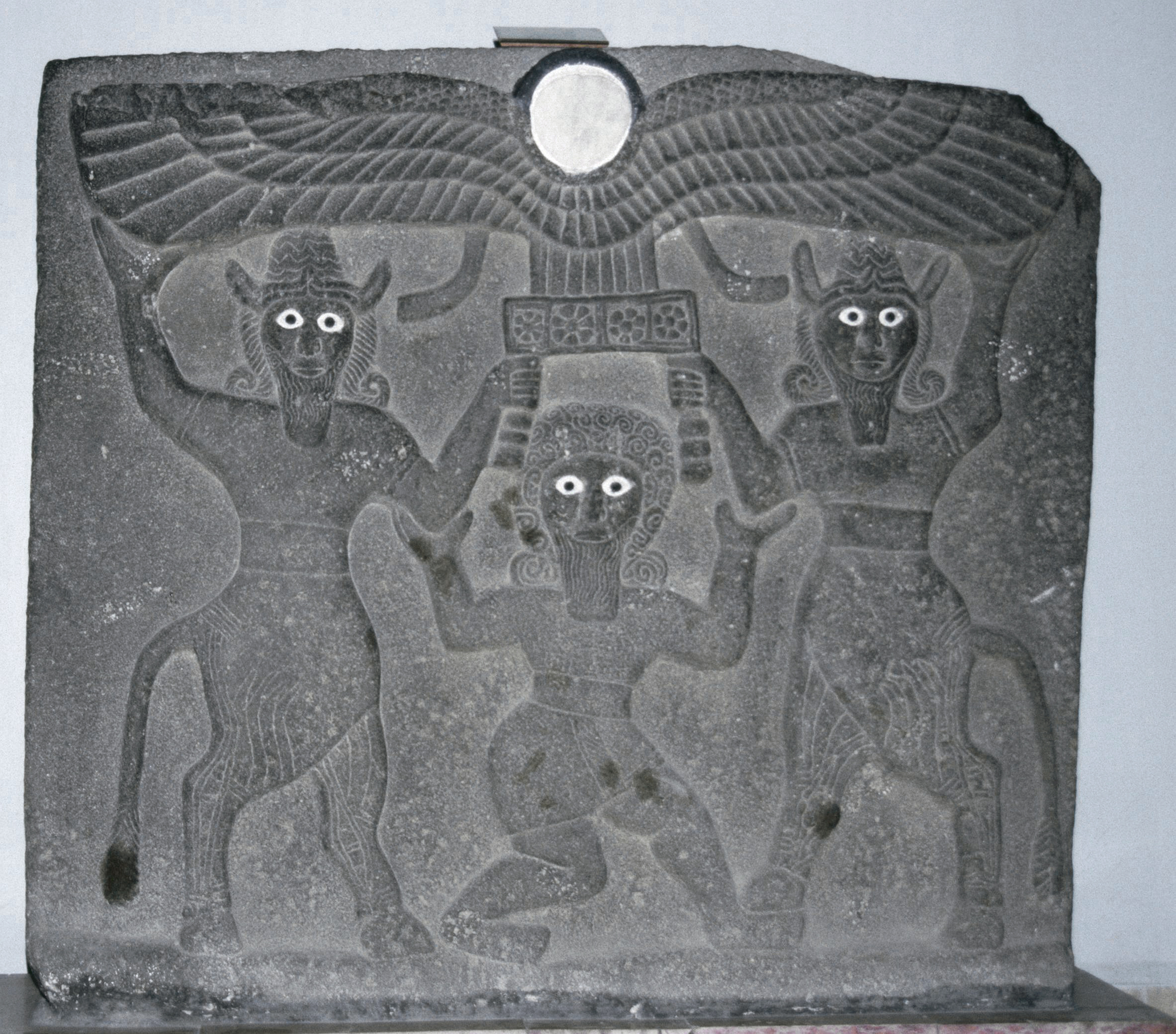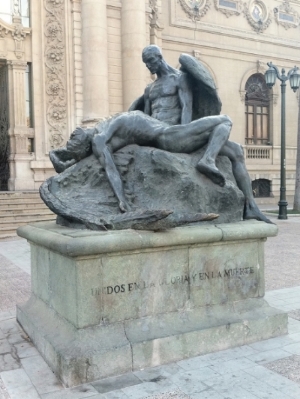Oppression
The Rape of Proserpina sculpture by Bernini in the Galleria Borghese. Photo taken by Int3gr4te on 01/20/07; via Wikimedia Commons
As we saw in a previous post, Demeter reacts to the aggressive behavior of Zeus and Hades by initially running away from the problem. She searches for and finds a substitute in the infant prince Demophoon. She neither informs nor seeks permission from Demophoon’s mother for the transformation/abduction of Demophoon into an immortal. In effect, she replicates the aggressive behavior perpetrated on her by Zeus and Hades when they colluded to abduct her daughter to the Underworld without her knowledge or permission.
Demeter’s action illustrates a frequent reaction people have to oppression. All too often, when a group experiences oppression of any sort—be it discrimination based on race, class, ethnicity, sexual orientation, gender, or ability—the members of that group will adopt the role of the oppressor by oppressing those beneath them in the power structure.
Demeter’s initial reaction to oppression is to avoid confronting the oppressor. Instead, she channels her anger at someone who is weaker than her, the mortal mother of Demophoon. Similarly, some people react to oppression by taking out their frustration and anger on those below them in the hierarchy who are powerless or who feel too powerless to retaliate. A pecking order is established. An employee oppressed by a supervisor will turn around and oppress a subordinate. A person victimized by someone powerful may vent frustrations on family members who feel too powerless to retaliate.
This reaction stems from feelings of inadequacy. We feel too weak or too afraid or too powerless to confront the aggressor. So we relieve our pent up anger by behaving aggressively toward those weaker than us. But as the Hymn to Demeter illustrates, such behavior is cruel, unjust, and counterproductive. For is it only when Demeter turns to confront her aggressors with the full force of her fury that she is able to get justice and gain the release of her daughter. And just as Demeter wields her power as the Goddess of the Grain to her advantage, we need to wield our power by using whatever legitimate means we have at our disposal to fight oppression whenever and wherever it hits us.


![Demeter Mourning Persephoneby Evelyn De Morgan 1906 [Public domain], via Wikimedia Commons](https://images.squarespace-cdn.com/content/v1/55ba64bbe4b08d0b7eb54568/1464019116608-VN32SI24A7II6C5WF6GZ/image-asset.png)







!["Landscape with the Fall of Icarus" by Pieter Brueghel (1526/1530-1569) [Public Domain]; via Wikimedia Commons](https://images.squarespace-cdn.com/content/v1/55ba64bbe4b08d0b7eb54568/1452798071320-CS859SDAJDGGE3WL6CHP/image-asset.jpeg)
![Circe Offering the Cup to Odysseus by John William Waterhouse (1849-1917); [Public domain] via Wikimedia Commons](https://images.squarespace-cdn.com/content/v1/55ba64bbe4b08d0b7eb54568/1452194379649-B3NMI2M306T6ND5I6S8D/Circe_Offering_the_Cup_to_Odysseus.jpg)



